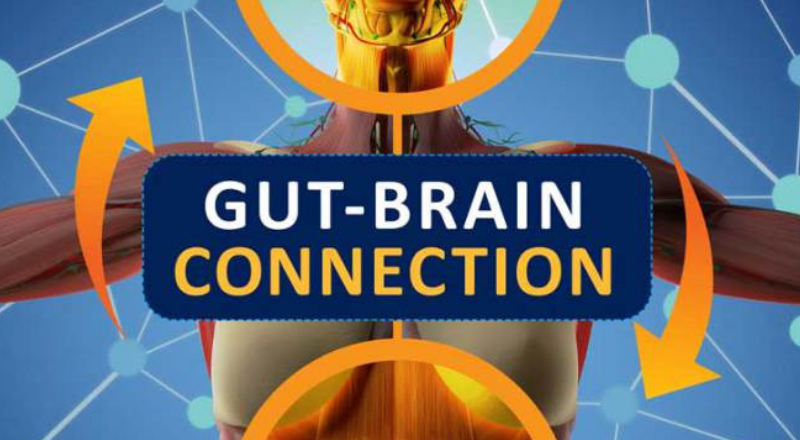“You cannot fight fear, stress, anxiety or tension. It has to be understood. The moment you fight fear, you accept fear as an object and you create it’s existence. Darkness doesn’t exist — it is a lack of light! Fear doesn’t exist, — it is a lack of experience. And so, stress also does not exist — it is a lack of awareness and a fear of failure! Stress is your reaction to adapt. If you know how to adapt, mentally and physically, you will not feel stress.” – Dr. Ludmila
When we experience emotional stress in life, this stress is physically represented by the types of neurotransmitters and hormones that we produce. Adrenaline and cortisol are the biochemical elements of stress in the human body and both have profound effects on the health of the gut. The function of these chemicals is to put the body into “crisis” or “fight & flight” mode in response to a stressor. When the body is in this state, it diverts blood flow away from the gut in order to supply the arms and legs with blood for running away from a dangerous situation. Repeatedly diverting blood from the GI tract causes the gut wall to break down, resulting in what we call a “leaky gut”. Stress chemicals also suppress the immune system so that it cannot fight “unfriendly” or “pathogenic” bacteria. Long-term stress causes the break down of the physical tissues of the gut and leads to an imbalanced microbiome. From here, we see digestive disorders, poor absorption of nutrients, food allergies and systemic inflammation start to develop.
Once the the gut wall starts to break down and we develop a poorly-balanced microbiome, the effects on our conscious “brain” and mental health are multi-fold. As 95% of the serotonin (our happy hormone) is produced in our gut, only when our digestive system is “healthy & happy” can our body produce enough serotonin to share with the brain. “Friendly” bacteria themselves produce B Vitamins, amino acids, short-chain fatty acids and other molecules that human beings need to produce adequate serotonin and dopamine, our “happy” neurotransmitters.
This completely changes when our gut tissues are damaged by stress and “unfriendly” types of bacteria begin to thrive. The gut is less likely to produce enough serotonin and these “unfriendly” bacteria produce chemicals that are over-stimulating to the brain, contributing to feelings of anxiety and depression.
Psychiatric medicine supplies the body with synthetic serotonin, dopamine and other neurotransmitters to stimulate a “happy” state of mind. However, correcting the gut-brain connection on the level of the gut rather than from the brain, balances the body in its core. It enables the natural production of these happy hormones and encourages a healthy correspondence between the brain and the gut.
Understanding this encourages us all to be conscious of the stress we allow into our lives.C onsidering how it effects our being on a physiological level, it is essential we learn techniques that allow us to adapt to stressful situations better. Colon Hydrotherapy and liver detoxing are powerful ways to cleanse the digestive pipes and restore balance. Moreover, Fresh, nutritious meals, adequate amount of good quality water, exercise and breathing techniques are basic elements to include into your lifestyle. Read our other blogs on living a holistic lifestyle to learn more about reducing stress levels and maintaining a healthy gut and brain.

